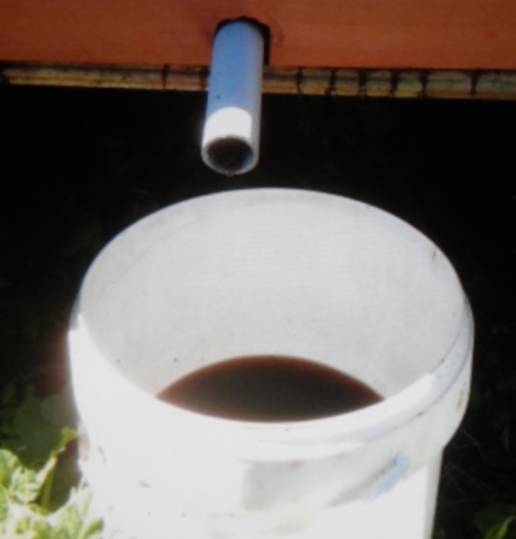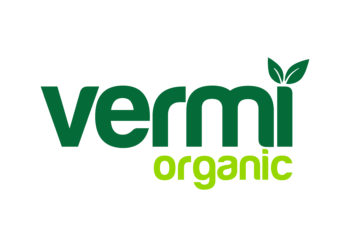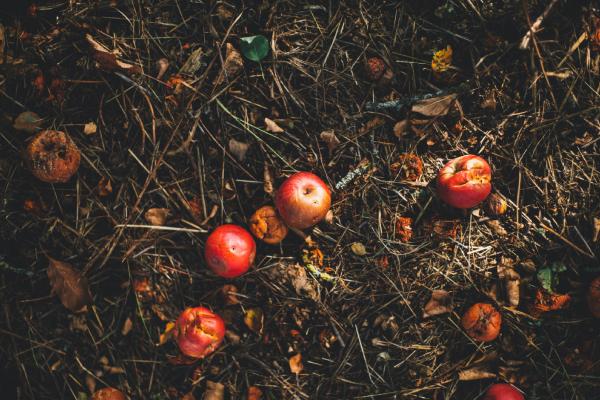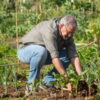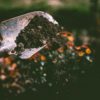The possibilities of compost or composting
Composting is a natural process and is responsible for the decomposition and transformation of organic matter through the activity and metabolism of living organisms, being an essential phenomenon in the cycle of nature. Vegetable waste and animal manure are the most used residues naturally and industrially in the production of compost, with bacteria, fungi and invertebrates being the most efficient organisms in composting residues, converting those wastes into nutrients for the soil. . When composting is done by insects, it is called entomocomposting, while if worms are used, this process is called vermicomposting, a magnificent soil improver.
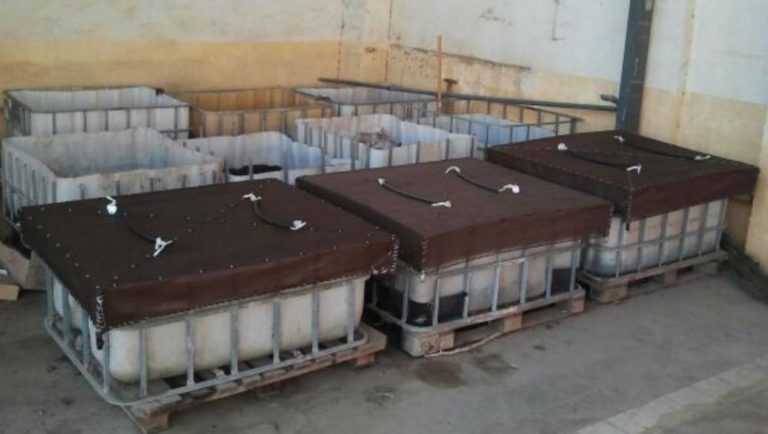
Deposits where microbial strains are kept.
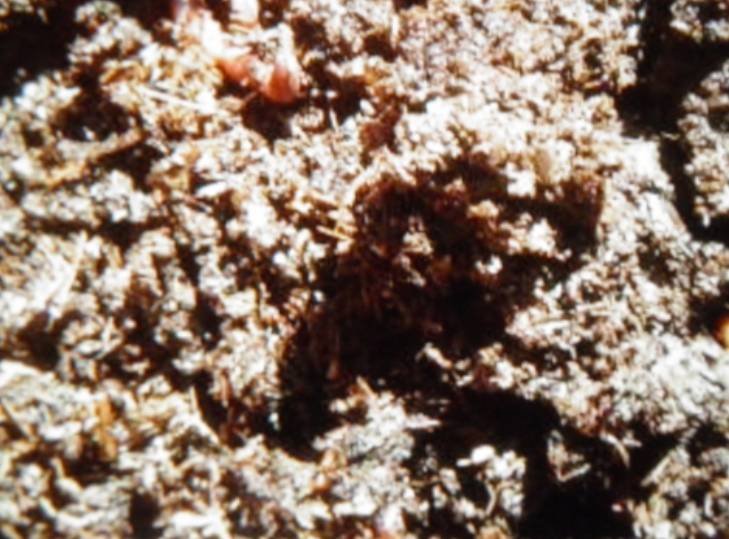
Freshly precomposed bed detail.
The process begins with anaerobic bacteria, leading to fermentations, which increases the temperature, even reaching 70ºC. Later, when oxygen is more and more present, the temperature drops, anaerobiosis slows down and even stops, disappearing the anaerobic, thermophilic organisms, replaced by the aerobic, mesophilic ones. Actinomycetes and aerobic fungi finish preparing the substrate, finishing the composting process by microorganisms.
